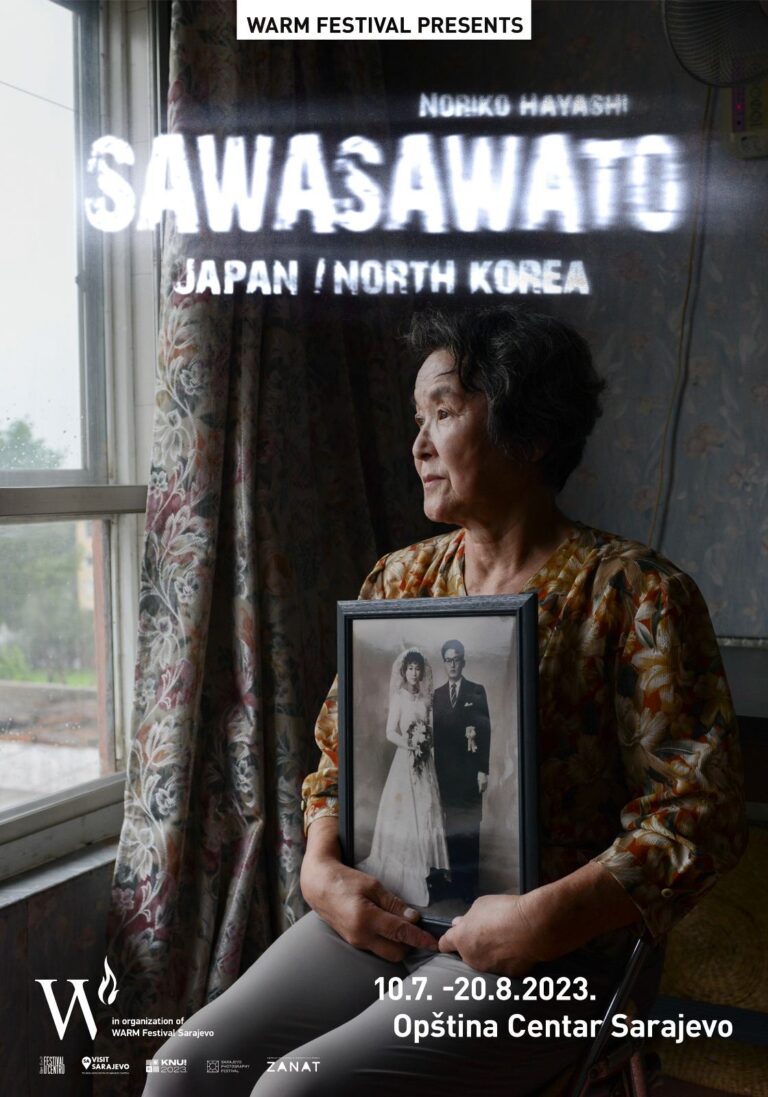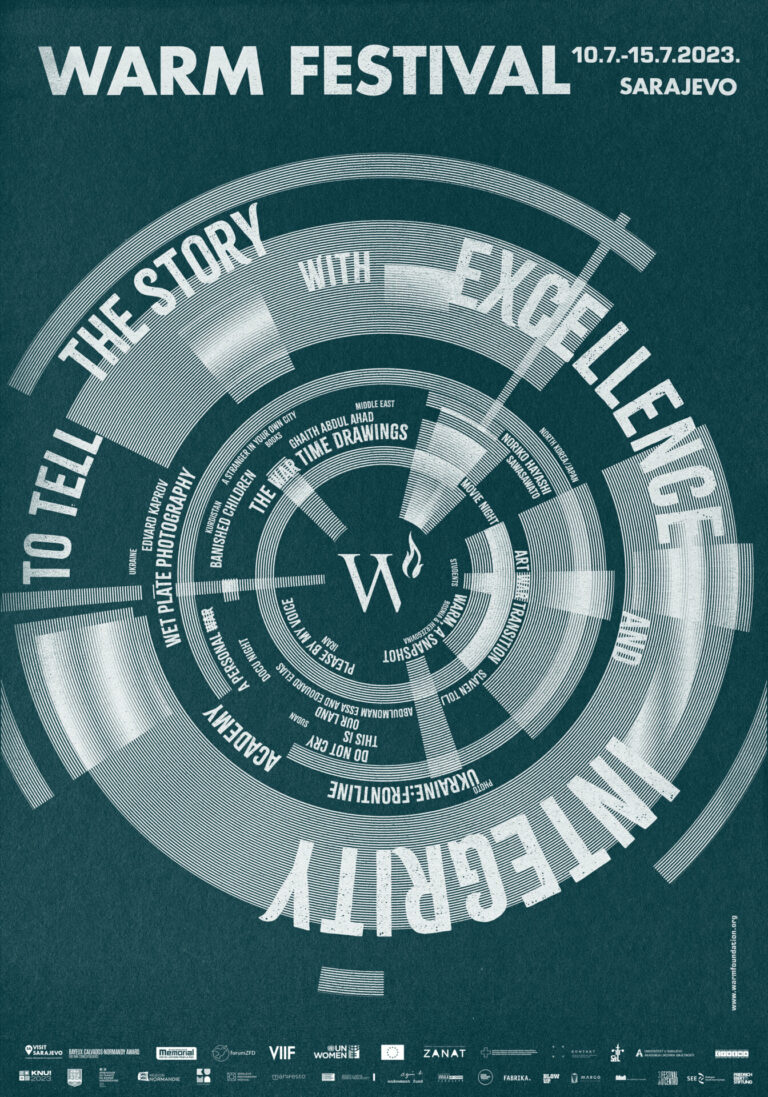A repatriation program of ethnic Koreans from Japan to North Korea, organized by the Red Cross, took place between 1959 and 1984. During this period 93,000 people moved to North Korea. Among those who decided to cross the sea, there were about 1,800 “Japanese wives” who accompanied their Korean spouses. They all left Japan believing they would be able to visit their hometowns after a few years. This would prove untrue.
In this project, titled “Sawasawato” (sounds of waves in Japanese), Noriko Hayashi documents and reconstructs the memories of Japanese wives by moving back and forth between Japan and their places of residence in North Korea. Some of them have come to terms with the past while others struggle to make sense of it. And yet that “past” is indivisible from the dimension of the present moment.
The Japanese wives’ life trajectories intersect with the complexities of memory, space, personal history, and multiple layers of feeling.
SAWASAWATO
Između 1959. i 1984. godine se dešavao, organizovan od strane Crvenog krtsa, program repatrijacije etničkih Korejanaca iz Japana u Sjevernu Koreju. Tokom tog perioda, 93.000 ljudi se preselilo u Sjevernu Koreju. Među onima koji su odlučili preći more, bilo je oko 1.800 “japanskih supruga” koje su pratile svoje korejske supružnike. Sve su napustile Japan u vjeri da će moći posjetiti svoje rodne gradove nakon nekoliko godina. Međutim, to se pokazalo kao netačno.
U ovom projektu, nazvanom “Sawasawato” (zvukovi talasa na japanskom), autorica Noriko Hayashi dokumentuje i rekonstruiše sjećanja japanskih žena putujući između Japana i njihovih mjesta prebivališta u Sjevernoj Koreji. Neke od njih su se pomirile s prošlošću, dok se druge bore da je shvate. Ipak, ta “prošlost” je nerazdvojna od dimenzije sadašnjeg trenutka.
Životni putevi japanskih supruga preklapaju se sa kompleksnošću njihovih sjećanja, prostora, lične istorije i višestrukih slojeva osjećaja.




